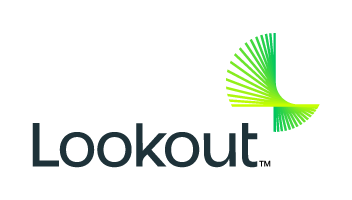Welcome to the AI Index Report, featuring practitioner analyst and entrepreneur Toni Witt. This series is intended to deliver the timely intelligence about artificial intelligence (AI) you need to get up to speed for an upcoming client engagement or board meeting.
Highlights
Innovation (00:25)

Dell recently announced the release of new generative AI offerings. The company will be offering new hardware setups. Additionally, it will be releasing a managed service platform called Dell Professional Services that lets its clients set up AI systems more easily.

Hardware components from Nvidia will be plugged into servers made by Dell. This will mix with its cloud-based monitoring, Cloud IQ, and other hardware, including its storage products.
Further, Dell issued its own deployment framework that helps its customers build the technology into company operations and culture. Dell is also releasing computers with built-in AI-optimized hardware so models, like machine learning models, on-device more efficiently.
Funding (02:49)

Thomson Reuters announced its plan to acquire legal AI firm Casetext. The deal closed for $650 million.
Casetext builds AI-powered technology to help lawyers. Its customers include more than 10,000 law firms and corporate legal departments. One of its key products is called Co-Counsel, which is an AI legal assistant powered by GPT. Casetext has an extensive amount of knowledge about using GPT-4 to solve specific problems for lawyers, which makes the acquisition worth it for Thomson Reuters.

This isn’t Thomson Reuters’ first investment into AI. It previously announced a commitment to invest $100 million annually into integrating AI into its various content and technology offerings in-house. It’s working with Microsoft to create a new 365 Copilot plugin around legal drafting that uses Thomson Reuters Westlaw.
Product of the Week (06:16)

Known for its cloud-native security platform, Lookout announced the launch of its new tool called Lookout SAIL, which is a generative AI assistant woven into its platform. With the rise of digitization and new security threats, there is a great need for additional cybersecurity.
Companies must maximize the efficiency of their cybersecurity teams, which is what Lookout SAIL aims to do. There are three core capabilities of SAIL:
- Guide users on the Lookout platform
- Query large datasets with natural language
- Teach users about cybersecurity topics and terms on the platform
These capabilities will be especially beneficial for new users in terms of onboarding and learning about the field.
The goal of Lookout SAIL is to empower people — the power of combining smart people with powerful AI technology. These features are just the start.

There are similar tools, such as Stripe, one of the first companies to use GPT-4. The company turned its whole developer documentation into a more usable interface. People have to know how to use your product for it to actually add value to their lives and businesses. Modern generative AI is extending the capabilities needed to make complex products and interfaces more digestible, especially for non-technical users.












